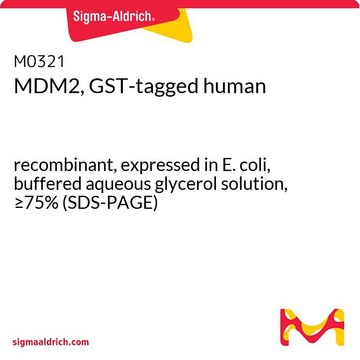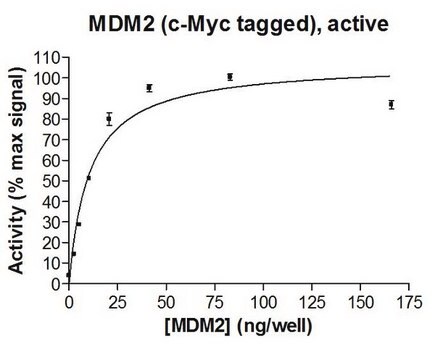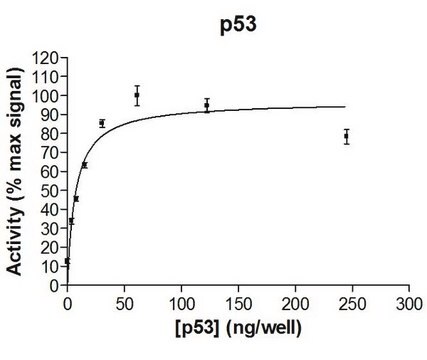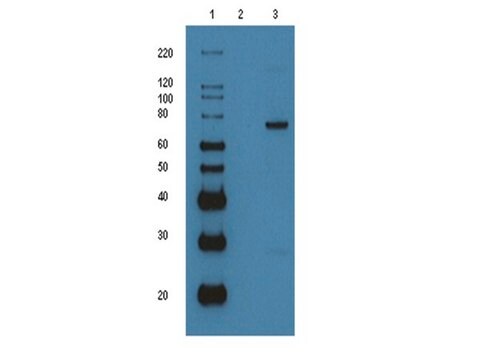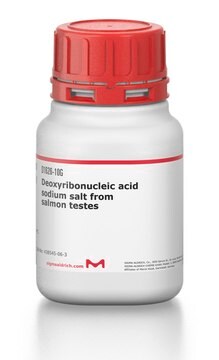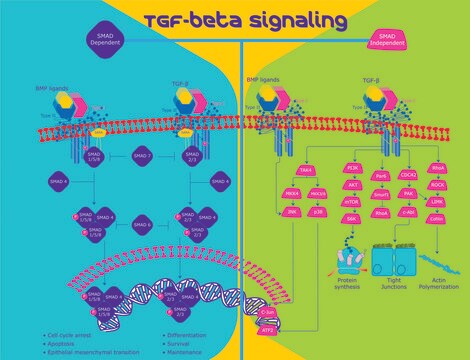SRP2095
MDM2, HIS tagged human
recombinant, expressed in E. coli, ≥80% (SDS-PAGE), buffered aqueous solution
Synonim(y):
HDMX, MGC5370, MGC71221, hdm2
About This Item
Polecane produkty
pochodzenie biologiczne
human
rekombinowane
expressed in E. coli
znacznik
8-His tagged (C-terminus. )
Próba
≥80% (SDS-PAGE)
Formularz
buffered aqueous solution
frozen liquid
masa cząsteczkowa
~57.8 kDa
opakowanie
pkg of 10 μg
stężenie
350 μg/mL
kolor
clear colorless
numer dostępu NCBI
numer dostępu UniProt
Warunki transportu
dry ice
temp. przechowywania
−70°C
informacje o genach
human ... MDM2(4193)
Działania biochem./fizjol.
Postać fizyczna
MDM2 is stored in 20mM Tris-Cl (pH 8.0), 20% Glycerol, 100mM KCl, 1mM DTT and 0.2mM EDTA buffer.
Uwaga dotycząca przygotowania
Kod klasy składowania
10 - Combustible liquids
Klasa zagrożenia wodnego (WGK)
WGK 1
Temperatura zapłonu (°F)
Not applicable
Temperatura zapłonu (°C)
Not applicable
Wybierz jedną z najnowszych wersji:
Certyfikaty analizy (CoA)
Nie widzisz odpowiedniej wersji?
Jeśli potrzebujesz konkretnej wersji, możesz wyszukać konkretny certyfikat według numeru partii lub serii.
Masz już ten produkt?
Dokumenty związane z niedawno zakupionymi produktami zostały zamieszczone w Bibliotece dokumentów.
Nasz zespół naukowców ma doświadczenie we wszystkich obszarach badań, w tym w naukach przyrodniczych, materiałoznawstwie, syntezie chemicznej, chromatografii, analityce i wielu innych dziedzinach.
Skontaktuj się z zespołem ds. pomocy technicznej